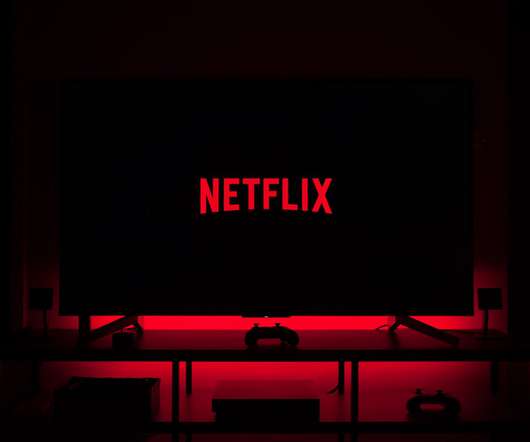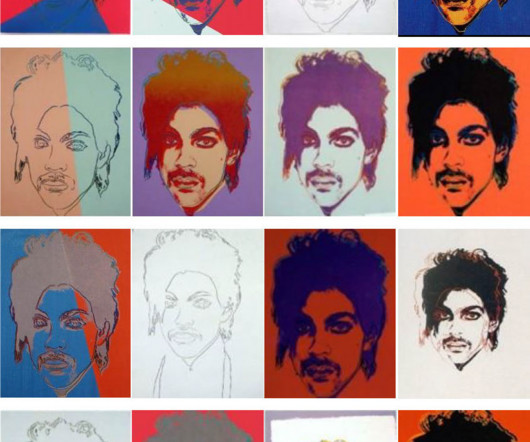Understanding the Pearson v. Chegg Copyright Infringement Lawsuit
Plagiarism Today
SEPTEMBER 15, 2021
Yesterday, news broke that Pearson Education, the largest publisher of textbooks in the world, has filed a lawsuit against the website Chegg alleging widespread copyright infringement of its content on the site. As a result, Pearson is suing Chegg alleging copyright infringement.












Let's personalize your content